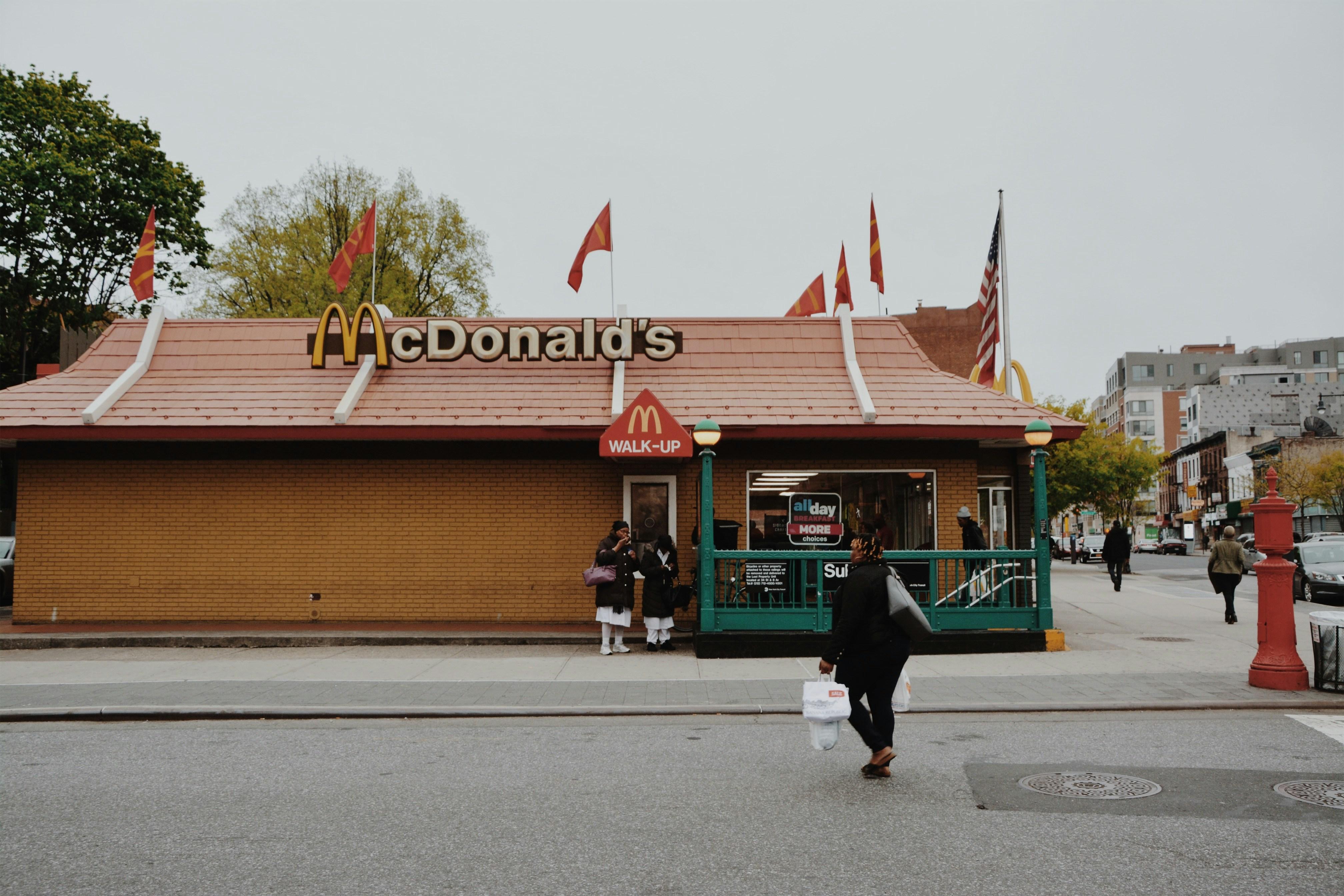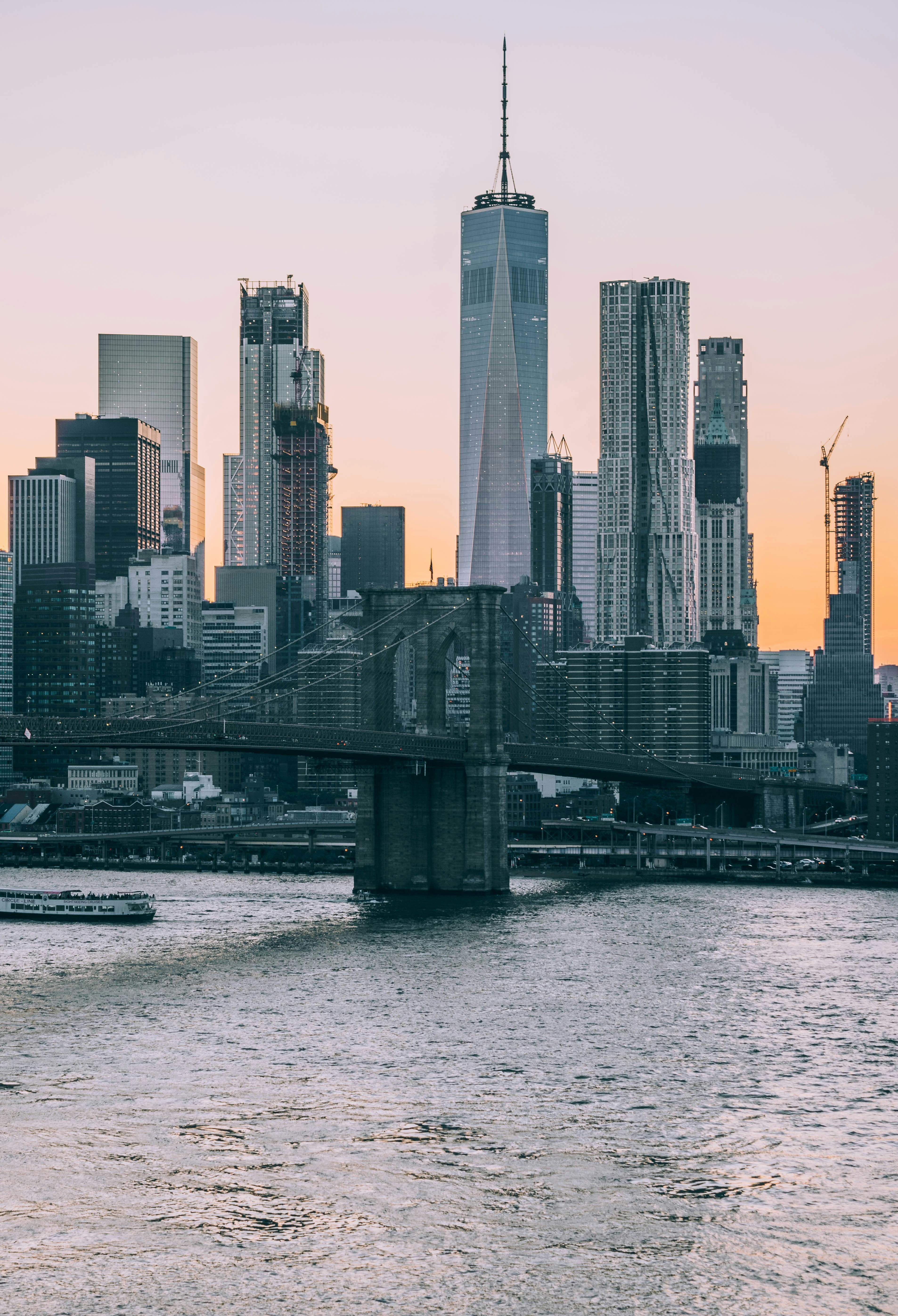“Brooklyn Nine-Nine,” the acclaimed police procedural comedy series, has captivated audiences not only with its humor and engaging storylines but also through its nuanced exploration of pressing social issues. Set against the backdrop of the fictional 99th precinct in Brooklyn, New York, the show skillfully intertwines comedy with critical commentary on topics such as racial profiling, LGBTQ+ rights, and workplace discrimination. By leveraging its diverse cast and clever writing, “Brooklyn Nine-Nine” navigates these complex themes with a balance of sensitivity and wit, prompting viewers to reflect on societal norms and injustices. This article delves into the mechanisms by which the series addresses these social issues, examining the interplay between narrative, character development, and humor in creating a platform for meaningful discourse. Through an analytical lens, we explore how “Brooklyn Nine-Nine” not only entertains but also enlightens, challenging viewers to reconsider their perspectives on the social fabric of modern America.
Portrayal of Diversity and Inclusion in Brooklyn Nine-Nine
In an era where representation matters more than ever, Brooklyn Nine-Nine stands out as a show that skillfully integrates diversity and inclusion into its narrative. The series breaks stereotypes by showcasing a cast that reflects the multifaceted nature of New York City. Characters like Captain Raymond Holt, an openly gay Black man, and Detective Rosa Diaz, who identifies as bisexual, highlight the show’s commitment to portraying authentic and diverse experiences. This approach not only enriches the storyline but also resonates with a wide audience.
- Complex Characters: Each character is given depth and dimension, avoiding one-dimensional portrayals that often plague minority characters on television.
- Real-World Issues: The show addresses pertinent social issues such as racial profiling, LGBTQ+ rights, and gender equality, all while maintaining its comedic tone.
- Inclusive Storytelling: By focusing on the day-to-day lives and challenges of its diverse characters, the series fosters a sense of empathy and understanding among viewers.
Through its thoughtful portrayal of diversity and inclusion, Brooklyn Nine-Nine not only entertains but also educates its audience, offering a nuanced perspective on social issues without resorting to clichés or tokenism.

Tackling Systemic Racism Through Storytelling
In its pursuit of humor and entertainment, Brooklyn Nine-Nine does not shy away from addressing complex social issues, particularly systemic racism. Through its storytelling, the show effectively uses its platform to highlight racial profiling, police brutality, and institutional bias. In the episode “Moo Moo,” for instance, the narrative centers around Sergeant Terry Jeffords, who experiences racial profiling firsthand. This episode is poignant in its portrayal of the challenges faced by people of color, even those in positions of authority, and it serves as a catalyst for discussions on the necessity of systemic change within law enforcement.
- Character Development: The diverse cast is not only a reflection of the real world but also serves as a vehicle for discussing racial issues. Characters like Rosa Diaz and Captain Holt frequently confront stereotypes and discrimination, offering viewers a multifaceted perspective on the complexities of identity.
- Story Arcs: The series uses ongoing storylines to explore these issues in depth, rather than treating them as isolated incidents. This approach ensures that discussions about racism are integrated into the fabric of the show, promoting continuous engagement with the topic.
By weaving these narratives into its comedic framework, Brooklyn Nine-Nine not only entertains but also educates its audience, prompting reflection on how systemic racism can be challenged through both individual and collective action.

Addressing LGBTQ+ Representation with Nuance
In a landscape where media often falls into the trap of tokenism, Brooklyn Nine-Nine offers a refreshing approach to LGBTQ+ representation by weaving nuanced narratives into its comedic fabric. The character of Captain Raymond Holt, portrayed by Andre Braugher, stands as a testament to this approach. As a Black, openly gay police captain, Holt’s identity is not just a checkbox for diversity but a multi-dimensional aspect of his character that influences his interactions and decisions. The show explores his experiences with systemic discrimination and personal struggles, offering viewers a realistic portrayal without resorting to stereotypes.
- Complex Characters: The show introduces characters like Rosa Diaz, whose bisexuality is depicted with authenticity, addressing both personal and societal challenges.
- Real-World Issues: Storylines involving LGBTQ+ characters often reflect real-world issues, such as workplace discrimination and coming-out experiences.
- Humor with Substance: While maintaining its comedic tone, the series does not shy away from addressing serious themes, allowing for both humor and depth.
Through these strategies, Brooklyn Nine-Nine manages to contribute meaningfully to conversations about representation, creating a space where LGBTQ+ characters are given the depth and respect they deserve.

Recommendations for Future Social Issue Exploration in Brooklyn Nine-Nine
To maintain its relevance and continue its tradition of addressing critical societal topics, Brooklyn Nine-Nine could benefit from exploring emerging social issues with a nuanced lens. Here are some recommendations for themes that the show could delve into in future episodes:
- Climate Change and Environmental Responsibility: As climate change becomes an increasingly pressing global issue, the precinct could tackle the topic through community initiatives or eco-conscious practices, perhaps involving a case about environmental crime.
- Technological Surveillance and Privacy: With the rise of digital surveillance, the show could explore the balance between security and privacy, examining how technology affects personal freedom and civil liberties.
- Mental Health Awareness: Highlighting the importance of mental health, characters could address their own struggles or support community programs, fostering open conversations about mental well-being.
- Economic Inequality and Housing Crisis: Addressing the economic disparities that affect many urban areas, storylines could focus on the challenges faced by individuals or families dealing with housing instability or job insecurity.
By weaving these contemporary issues into its narrative, Brooklyn Nine-Nine can continue to entertain while educating its audience, maintaining its position as a socially conscious and impactful series.
